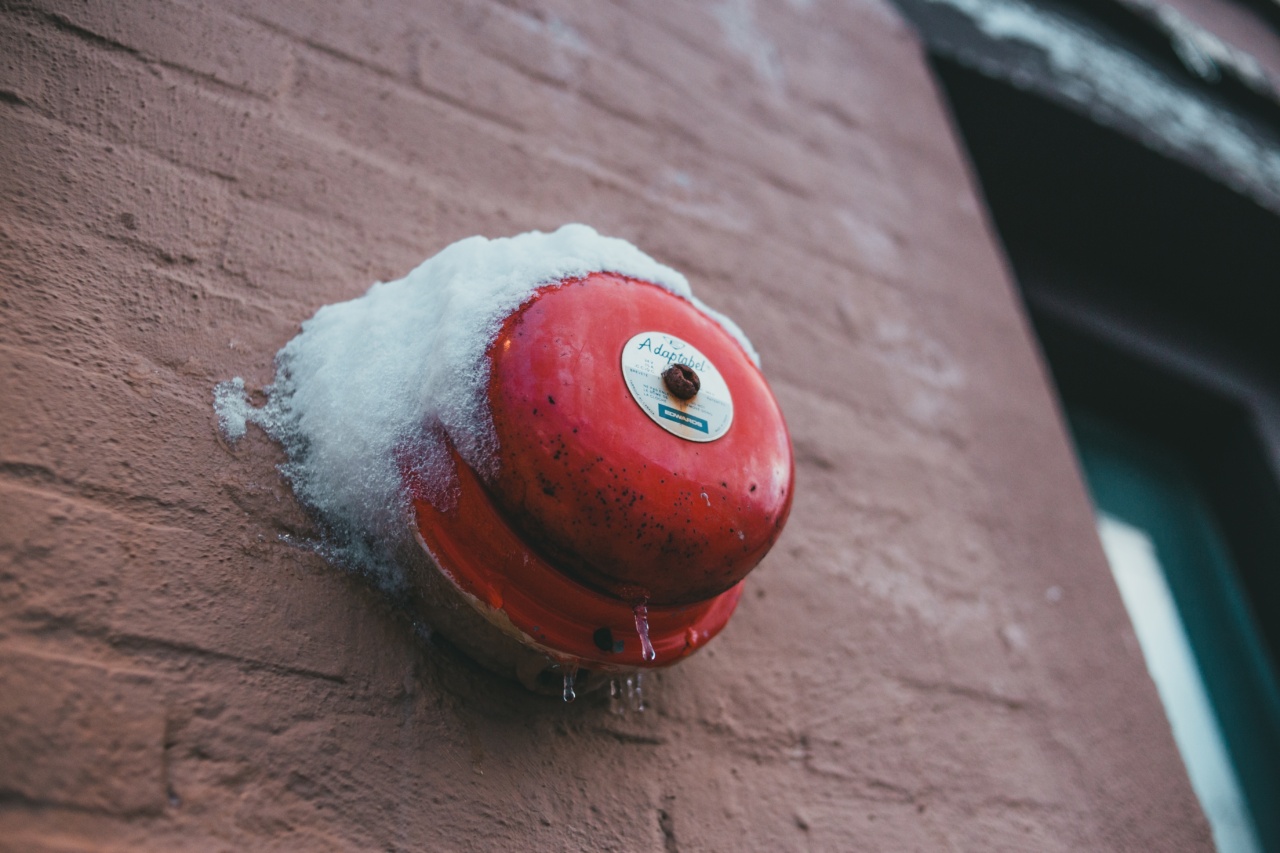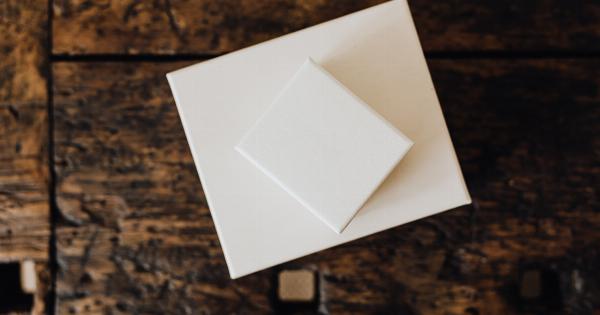Winter is upon us, which means dealing with harsh weather conditions that can wreak havoc on your skin. From dryness to irritation, chilly temperatures, and blustery winds can leave your skin feeling rough and parched.
To avoid these annoying skin issues, use these 30 tips to protect your skin from the cold weather.
1. Stay Hydrated
Maintain your hydration levels during the winter months by drinking plenty of water and herbal teas. Drinking water helps to keep your skin hydrated from the inside out, leaving your skin smooth and supple.
2. Moisturize Often
Use a moisturizer on your skin at least twice a day to keep it soft and supple. Look for creams that contain hydrating ingredients such as shea butter, glycerin, and jojoba oil.
Apply an extra layer of moisturizer before going outside to protect your skin from the cold weather.
3. Don’t Use Hot Water
Take showers and baths with warm water instead of hot water. Hot water can strip the natural oils from your skin, leading to dryness and irritation.
4. Avoid Harsh Soaps
Harsh soaps can be extremely drying to your skin. Choose mild, fragrance-free soaps or use a soap-free cleanser that won’t strip your skin of its natural oils.
5. Use a Humidifier
Installing a humidifier in your home can help keep the air moist, preventing your skin from drying out. Aim to keep the humidity levels between 30% and 60%.
6. Wear Sunscreen
Just because it’s cold outside, doesn’t mean the sun’s harmful rays aren’t still present. Use a broad-spectrum sunscreen with an SPF of at least 30 to protect your skin from the sun’s damaging effects.
7. Wear Protective Clothing
Cold weather can be harsh on your skin, so invest in warm clothes to protect your skin from the elements. Wear a hat, gloves, and warm socks to keep yourself warm and your skin properly covered.
8. Avoid Long Showers
Limit your time in the shower or bath to prevent the natural oils on your skin from being washed away. Taking long showers can lead to dry, itchy skin.
9. Moisturize Your Lips
Apply lip balm regularly to keep your lips soft and supple. Look for a lip balm that contains ingredients such as beeswax, shea butter, and coconut oil.
10. Exfoliate Your Skin
Exfoliate your skin once or twice a week to remove dead skin cells and help your moisturizer penetrate deeper into your skin. Use a gentle exfoliating product that won’t irritate your skin.
11. Use an Oil-Based Moisturizer
Oil-based moisturizers help to create a protective barrier on your skin that prevents moisture loss. Choose a moisturizer that contains ingredients such as argan oil, olive oil, or coconut oil.
12. Avoid Alcohol-Based Products
Alcohol-based products can be extremely drying to your skin. Avoid using toners or astringents that contain alcohol, as they can strip your skin of its natural oils and leave it feeling tight and dry.
13. Don’t Overheat Your Home
Overheating your home can dry out the air, leading to dry skin. Keep your home at a comfortable temperature to prevent your skin from becoming too dry.
14. Keep Moisturizing Products Handy
Keep moisturizing creams, lotions, and balms handy so that you can apply them often throughout the day. Stash a tube of hand cream in your purse or a bottle of body lotion on your desk to keep your skin moisturized wherever you are.
15. Protect Your Skin at Night
Apply a nighttime moisturizer to your skin before you go to bed to help your skin hydrate and repair itself while you sleep.
16. Use a Face Mask
Give your skin an extra hydration boost by applying a hydrating face mask once or twice a week. Look for masks that contain ingredients such as hyaluronic acid or aloe vera.
17. Avoid Hot Tubs and Saunas
Hot tubs and saunas can be drying to your skin, so avoid spending too much time in them. If you’re going to use a hot tub or sauna, be sure to moisturize your skin thoroughly afterward.
18. Be Gentle on Your Skin
Be gentle with your skin, especially during the winter months. Avoid rubbing your skin too hard when drying off after a shower or bath and pat yourself dry instead.
19. Protect Your Hands
Your hands are particularly susceptible to dryness during the winter months. Wear gloves when you go outside, and apply hand cream regularly to keep your hands soft and smooth.
20. Stay Active
Regular exercise can help improve circulation, which can help keep your skin healthy and vibrant. Make sure to stay active even during the winter months.
21. Take Care of Your Diet
Eating a healthy diet can help keep your skin looking healthy and moisturized. Include foods that are rich in antioxidants such as fruits, vegetables, and nuts.
22. Don’t Forget to Hydrate Your Hair
Hydrate your hair during the winter months by using a hydrating conditioner that contains ingredients such as avocado oil, coconut oil, or argan oil.
23. Protect Your Eyes
The skin around your eyes is delicate and can become dry during the winter months. Use an eye cream to keep the skin around your eyes moisturized.
24. Avoid Harsh Scrubs
Harsh scrubs can irritate your skin, so avoid using them during the winter months. Instead, use a gentle exfoliating product that won’t irritate your skin.
25. Use Hand Sanitizer Sparingly
Hand sanitizer can contain alcohol, which can dry out your skin. Try to wash your hands with soap and water whenever possible, and use hand sanitizer sparingly.
26. Protect Your Skin from Windburn
Windy conditions can cause windburn, which can leave your skin feeling raw and irritated. Protect your skin from windburn by wearing a scarf or other protective clothing.
27. Use Natural Moisturizers
Look for natural moisturizers that contain ingredients such as honey, oatmeal, or aloe vera. These ingredients can help to soothe and hydrate your skin naturally.
28. Be Careful with Heat Styling Tools
Heat styling tools can be drying to your hair, so avoid using them too often during the winter months. When you do use them, be sure to use a heat protectant to minimize damage.
29. Choose the Right Skincare Products
Choose skincare products that are appropriate for your skin type and the dryness level of your skin. Consult with a dermatologist if you’re not sure what products to use.
30. See a Dermatologist
If you’re experiencing severe dryness or irritation, consult with a dermatologist. A dermatologist can assess your skin and recommend products that are appropriate for your skin type.






























